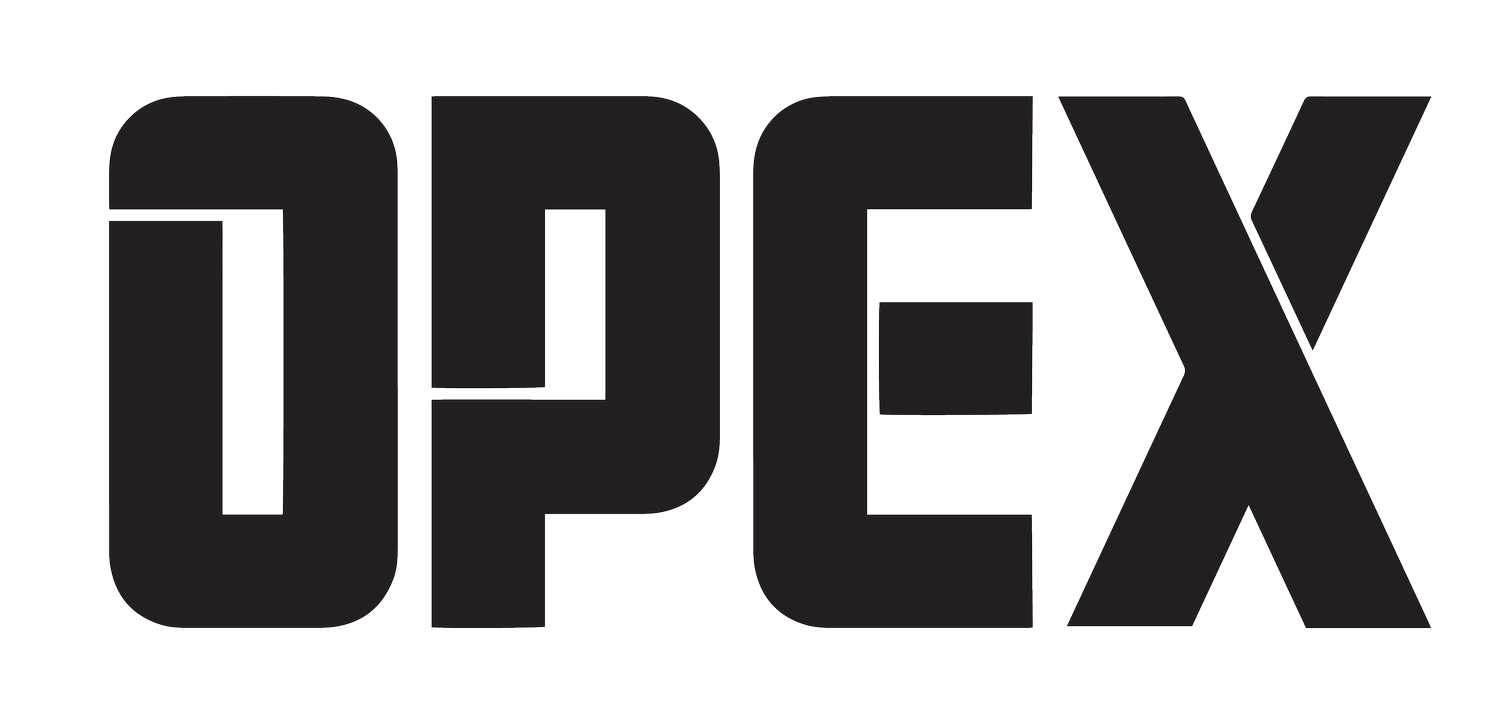WHAT IS CREATINE? & OTHER QUESTIONS EXPLAINED
Our instructors get numerous questions from both coaches and clients alike regarding supplementation; one of the most commonly questioned is creatine. Because of this, we have created this short guide to creatine and its benefits.
WHAT IS CREATINE
Creatine is a naturally occurring substance of three different amino acids: glycine, arginine, and methionine that is involved in making the energy (ATP) muscles need to work. Supplement companies also produce creatine in the lab and it is available over the counter in most supplement and online stores.
As mentioned earlier, creatine is involved in producing energy in the muscles, therefore, athletes supplement creatine in order to increase their muscle strength, size, and recovery.
COMMONLY ASKED QUESTIONS ABOUT CREATINE
SHOULD YOU CYCLE CREATINE?
At 5g a day there is no cycling needed, we are maintaining max saturation, and there’s zero down-regulation of our own production or receptor uptake. We use about 3.5g a day naturally through metabolism & excretion and, at max, take in only 1-1.5 through food.
SHOULD MY ATHLETE TAKE CREATINE?
The answer to this depends on your athlete’s specific goals. We see benefits in using creatine regardless of modality as the carryover into the ATP/CP energy system is the base of all energy systems. Therefore, for any athlete focused on performance, creatine may be beneficial.
DOES CREATINE MAKE YOU BLOATED?
Reports of bloating are reduced by making sure you are using the purest form, which is Creapure, a German trademarked brand carried by brands such as Optimum Nutrition and Ultimate Nutrition, among others. It’s a pure micronized creatine monohydrate.
FURTHER INFORMATION ON CREATINE
Now, a common concern is that creatine transporter proteins can decrease in number with creatine supplementation (Guerrero-Ontiveros and Wallimann, 1998). In essence, this could occur because our body detects that we already have too much creatine in our muscles and it wants to minimize further transport—almost the same way our bodies drop our natural testosterone levels while using exogenous testosterone. This would result in less creatine in the muscles and subsequently less cell hydration, as well as a reduction in performance enhancement.
A recently published study showed that there was no change in the number of creatine transporters when people used typical creatine dosages for up to two months (Tarnopolsky et al., 2003). The earlier study showing the transporter downregulation (Guerrero-Ontiveros and Wallimann, 1998) used rats consuming roughly 1g/kg/day, and using our 100kg athlete, that would mean consuming 100g of creatine a day. So this means that as long as we don’t go through a kilo of creatine a week then we’re home free, right? Well, maybe not.
As great as this is for us, we have to be aware of the limitations of the research. The study in question only examined a maximum of 10g/day, 6 days a week, for 2 months. This means that several months after loading, we may still be susceptible to transporter downregulation—we just don’t know. Logically speaking, however, the less excess we have, the better the chance of staving off any reduction in transporters and keeping the benefits of creatine supplementation. When we say “excess”, we're talking 40g+/day. Is this a common dose? No, but certain “authorities” are actually recommending this on a daily basis.
CREATINE USAGE DEPENDS ON THE CLIENT
Whether your client should or shouldn’t use creatine should be answered on an individual basis. There is no one size fits all answer. The best way for a coach to determine if creatine is right for their client is conducting an assessment and consultation to get a better understanding of their current health, abilities, and goals.
But what is more important than knowing whether a client should or shouldn’t take creatine? Knowing how to determine what is right for your client yourself. We teach coaches how to do this by conducting assessments and consultations. Get the skills you need to determine what nutritional protocol is right for your client by signing up for The Free Professional Coaching Blueprint.

